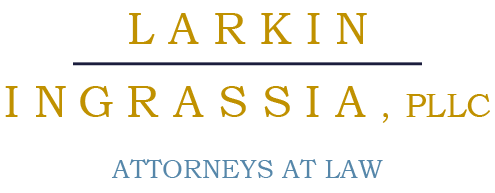The recent tragic death of a 4-year-old and 5-year-old child in the New York area has prompted a more critical look at the problem of “drugged” driving. Investigators are suspicious that prescription drugs may have been a factor in both crashes.
Drugged driving is not as commonly discussed as DWI. But studies have shown that 10.5 million Americans admit to driving while under the influence of prescription or illegal drugs. Also of the 12,055 reported deaths from fatal automobile crashes it has been found that one third of the individuals who lost their lives had prescription or illegal drugs in their system.
Statistics show that drugged driving arrests increased 35 percent in 2001, but many fear that this is just the tip of the iceberg. In 2007, the National Traffic and Safety Board reported that during random traffic stops 16 percent of weekend and night drivers tested positive for drug impaired driving. Of this 16 percent 11 percent tested positive for illegal drug use.
Although, the repercussions of driving under the influence are just as dangerous, these drivers do not exhibit the same signs of impairment as an individual who is intoxicated. Officers do not presently have hand-held testing devices for drug intoxication that are approved by state or federal regulatory agencies. Similarly, officers lack training in the accurate recognition of individuals who are allegedly operating a vehicle under the influence of mood altering substances or chemicals. Many feel that educational programs are also needed for officers to be able to detect and analyze drivers who may be driving while impaired by drugs.
Senators from New York and Arkansas have proposed a bill to provide funding for research to develop a field test that will indicate whether or not a driver is under the influence of drugs. The senators are hoping that someone will develop a device similar to the breathalyzer, to be used in DWI traffic stops to detect when a driver is driving under the influence of other substances like illegal drugs and other prescription medications.


